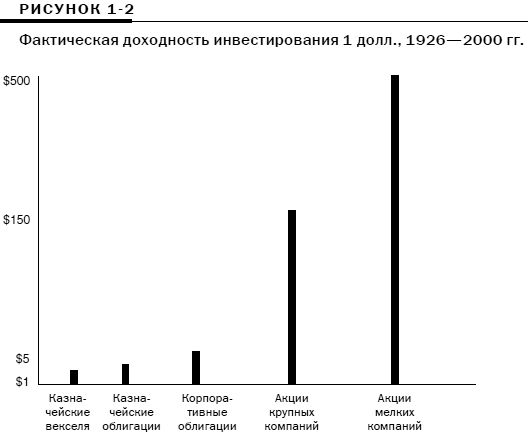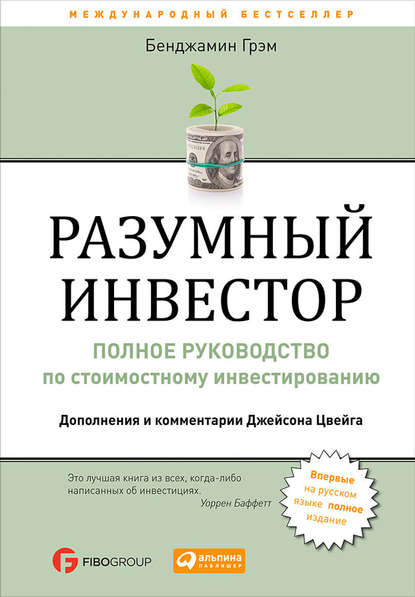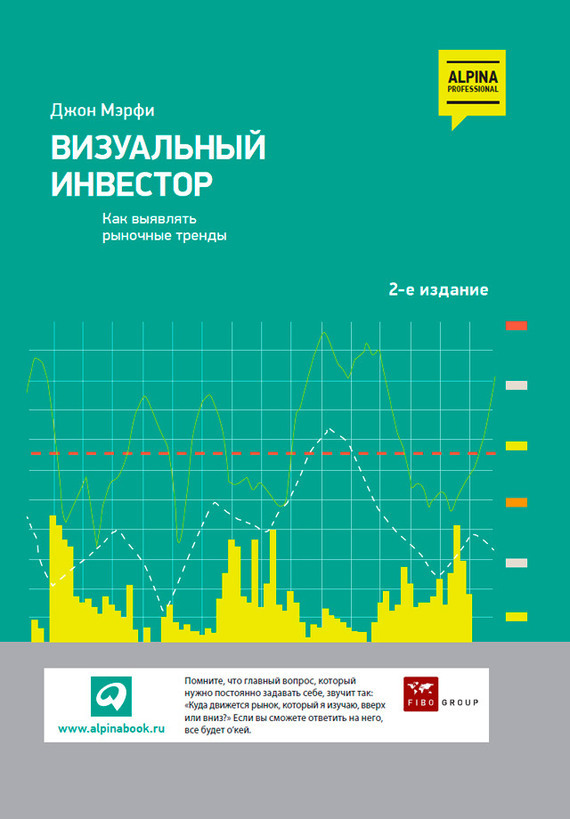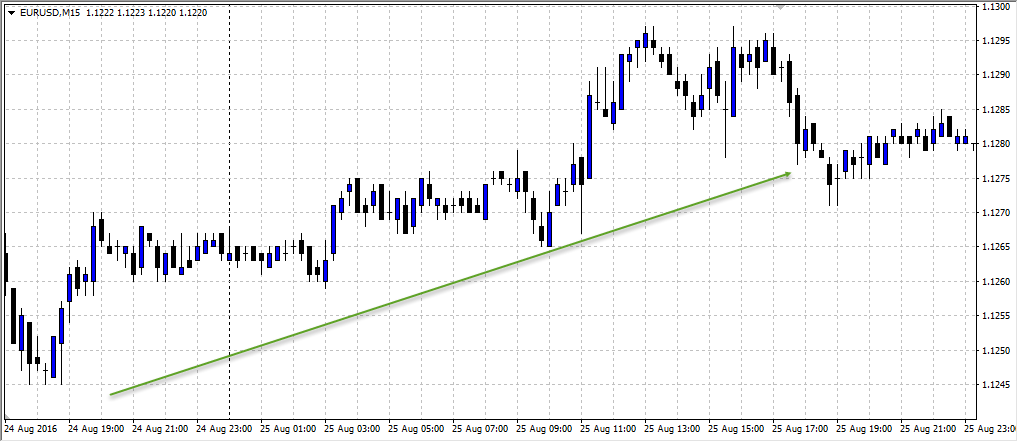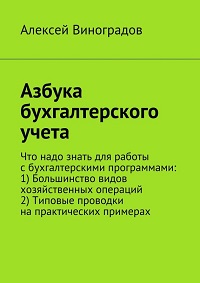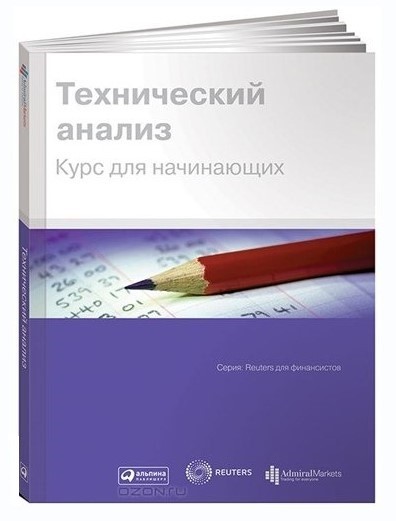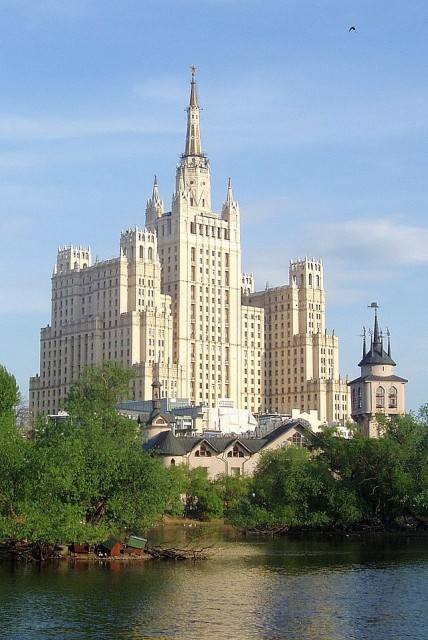
Agencies provide services for the management of the apartment. I was offered to give the property in trust. How does it differ from rent? What is trust management?
If the Tenant complies with the terms of the Employment Agreement, then renting an apartment held in trust by AKRUS City LLC, the Tenant receives several advantages:
The ability to pay by bank transfer rent, security deposit, maintenance payments (if any), agency commission. It is very important for legal entities, as well as employers who do not want to spend their time monthly on meeting with the Landlord and transferring money to him.
Receipt of documents confirming the fact of payment, both in non-cash and in cash forms of payment, which is very convenient for those people who are paid by the employer for renting an apartment.
Refund of pledge within three days upon fulfillment of the terms of the contract of employment.Some tenants were faced with the fact that at the end of the rental period, the apartments could not receive their deposit. The owner motivated the refusal by the lack of the necessary amount and promised to return the money as soon as he rented out his apartment.
Inspections of the apartment at a pre-agreed time with the frequency specified in the contract of employment. Each owner periodically inspects his apartment, only one does it every six months, and another time, or even two a month, looking for different pretexts for visiting the apartment. When renting an apartment in trust, the Tenant is protected from unauthorized visits to the Owner.
Stable rental during the contract period.This condition is very important. the advantage of trusting an apartment.
Even tidy people sometimes something happens, such as spilled coffee on the couch. Upon elimination of damage, all works are evaluated according to the Price List available on the AKRUS-City website, and an act of completion is drawn up to which receipts for the materials used are attached. When performing work by third parties, copies of documents confirming the fact of the work are issued.
Any equipment or piece of furniture has its own service life and there comes a time when it (or it, in the sense of an item) breaks for reasons beyond the control of the Tenant. The elimination of this damage shall be agreed in writing with the Landlord, and, if necessary, with the Tenant, and performed by the forces of "ACRUS-city".
A call of the ACRUS City Service Manager, who will arrive at a time agreed upon with the Tenant. In this case, the Tenant does not need to go shopping and look for the necessary materials or spare parts.
However, for the Tenants who carelessly use the rented property, delay the payment of the rent or violate other terms of the lease, there are a number of "inconveniences":
Constant control over the timeliness of payments and restriction of access to the apartment with a delay in payment. If the payment is delayed, a tenant is sent to the Tenant with a request to pay the debt. Situations are different and do not always depend on us, sometimes they depend on employers who delay the payment of wages. We try to solve such situations and if the Tenant did not violate the terms of payment during the term of the contract, then he is allowed to pay in two parts.
Elimination of damage to property at the expense of the Tenant. That for some is a plus, for others it can be a minus. Tenants who carelessly treat the apartment and property held in trust by AKRUS City will eliminate the damage at their own expense. You may think: “both“ neat ”and“ sluts ”eliminate at their own expense ... What is the difference?” The difference is that neat and without the instructions of the Landlord will eliminate the damage, and if trusted, he will not have to spend time for shopping and waiting for the master.
Elimination of damage, which is natural wear and tear, at the expense of the Owner.I see your bewilderment on the face: “What is the inconvenience?” It's simple: to agree on the conditions for eliminating damage, you need to sign an additional agreement with the Landlord and this takes time, while the work is delayed. Moreover, the timing of signing the agreement completely depends on the capabilities of the Host and the availability of the Internet. However, in emergency situations threatening to cause damage to the property of the owner, tenant or third parties, AKRUS-city performs work without prior approval.
Refund of collateral - it can also be both a plus and a minus. For those who do not fulfill the terms of the contract, this is far from the best condition: when returning the apartment, all debts under the contract are deducted from the pledge, including debts on rent.
Click on the link and subscribe to our newsletter.
Any copying and reprinting of the materials of this article is possible only after personal agreement with the author with the obligatory indication of links to the original source.
Comments-Methodology
TRUST MANAGEMENT, MUTUAL INVESTMENT FUNDS
FEATURES OF TRUST MANAGEMENT OF REAL ESTATE
Recently, more and more owners prefer to hand over their property in trust. As a result, they profit from the use of their property - however, less the costs of its maintenance and the remuneration of the trustee. It should be noted that trust management of real estate has its own characteristics, which we will discuss in the material below.
Features of asset trust management are established by Chapter 53 of the Civil Code of the Russian Federation.
According to Article 1012 of the Civil Code of the Russian Federation under a trust management agreement, one party (the founder of the management) transfers the property to the other for a specified period of time to the other side (the trustee). The trustee shall manage the property received under the contract in the interests of the founder of the management or the person (beneficiary) indicated by him.
On the basis of Article 1014 of the Civil Code of the Russian Federation, the founder of trust in the general case is the owner of the property. The trustee in accordance with Article 1015 of the Civil Code of the Russian Federation may be an individual entrepreneur or a commercial organization, with the exception of a unitary enterprise. Property is not subject to transfer to the management of a state body or local government (clause 2 of article 1015 of the Civil Code of the Russian Federation). A trustee cannot be a beneficiary under a trust management agreement.
In accordance with paragraph 1 of Article 1013 of the Civil Code of the Russian Federation, objects of trust may be enterprises and other property complexes, individual objects related to real estate, securities, rights certified by uncertificated securities, exclusive rights and other property. Property under economic management or operational management cannot be transferred to trust (clause 3 of article 1013 of the Civil Code of the Russian Federation).
Article 1017 of the Civil Code of the Russian Federation stipulates that a trust management agreement should be concluded only in writing. Failure to comply with this requirement entails the invalidity of the contract (Decision of the Federal Antimonopoly Service of the Ural District of 01.23.2008, N Ф09-10967 / 07-С4 in the case of N A50-7673 / 2007-G27).
In this case, the trust management contract for real estate must be concluded in the form provided for the contract for the sale of real estate. Transfer of immovable property to trust is subject to state registration in the same manner as the transfer of ownership of this property (clause 2 of article 1017 of the Civil Code of the Russian Federation).
In practice, the question often arises: from what moment is a real estate trust agreement considered to be concluded?
According to paragraph 2 of Article 433 of the Civil Code of the Russian Federation, if, in accordance with the law, the transfer of property is also required for the conclusion of the contract, the contract is considered concluded from the moment the corresponding property is transferred (Article 224 of the Civil Code of the Russian Federation).
Clause 1 of Article 224 of the Civil Code of the Russian Federation stipulates that the transfer shall be the delivery of the thing to the acquirer, as well as delivery to the carrier for sending to the acquirer or delivery to the organization of communication for sending things to the acquirer alienated without a delivery obligation. A thing shall be considered delivered to the acquirer from the moment of its actual receipt in the possession of the acquirer or the person indicated by it.
By virtue of paragraph 1 of Article 556 of the Civil Code of the Russian Federation, the transfer of real estate by the seller and its acceptance by the buyer are carried out according to the transfer deed signed by the parties or another transfer document. Unless otherwise provided by law or contract, the seller’s obligation to transfer the property to the buyer is deemed fulfilled after the property is handed over to the buyer and the parties sign the corresponding transfer document.
As noted above, in accordance with paragraph 2 of Article 1017 of the Civil Code of the Russian Federation, the transfer of real estate to trust is subject to state registration in the same manner as the transfer of ownership of this property.
Article 550 of the Civil Code of the Russian Federation establishes the form of a contract for the sale of real estate: a contract for the sale of real estate is concluded in writing by drafting one document signed by the parties. Failure to comply with the form of a contract for the sale of real estate shall entail its invalidity.
A contract in writing can be concluded by drafting one document signed by the parties, as well as by exchanging documents by post, telegraph, teletype, telephone, electronic or other communication, which allows to establish reliably that the document comes from the party under the contract (clause 2 of Article 434) Civil Code of the Russian Federation).
In accordance with paragraph 1 of Article 551 of the Civil Code, the transfer of ownership of real estate under a contract for the sale of real estate to the buyer is subject to state registration.
The execution of a contract for the sale of real estate by the parties prior to state registration of transfer of ownership is not a basis for changing the relations of the parties with third parties (clause 2 of article 551 of the Civil Code of the Russian Federation).
As indicated in paragraph 1 of Article 12 of the Federal Law of July 21, 1997 No. 122-ФЗ "On State Registration of Rights to Real Estate and Transactions therewith" (hereinafter - Federal Law No. 122-ФЗ) of the right to real estate and transactions with it subject to state registration in the Unified State Register of Rights.
Based on the analysis of paragraph 6 of Article 12 of Federal Law No. 122-ФЗ, the Unified State Register of Rights to Real Estate and transactions with it contains records of restrictions (encumbrances) of the right of ownership and other rights to real estate (easement, mortgage, trust, lease, concession agreement, the seizure of property, a statement of the right of claim in respect of an immovable property, etc.).
According to the position of the arbitrators, as set out in the Decisions of the FAS of the Ural District of April 11, 2007 in case No. F09-2494 / 07-C6, the FAS of the Volga region of 24.01.2008 in case No. A49-2407 / 06-84 / 24 management of real estate is considered to be concluded not from the moment of its signing by the parties, but after the transfer of the property to the trustee, provided that such transfer is certified by state registration.
In addition, in the Decision of the Federal Antimonopoly Service of the Ural District dated January 23, 2008 No. Ф09-10967 / 07-С4, the court decided that the powers of the trustee to manage the property arise only from the moment of state registration of transfer of real estate to trust.
The Federal Antimonopoly Service of the West Siberian District, in its Resolution of July 10, 2007 in case No. Ф04-4363 / 2007 (35794-А03-13), referred the case for a new consideration, indicating that in accordance with article 1012 of the Civil Code of the Russian Federation, a trust management agreement It belongs to the category of real contracts and is considered concluded from the moment of transfer of property.
In the Decree of the FAS of the Far Eastern District of June 26, 2007, June 19, 2007 in case No. F03-A73 / 07-1 / 1656, the court indicated that state trust is not subject to the trust agreement itself, but the transfer of property to trust. Moreover, the current legislation does not contain a ban on the execution of the contract until the state registration of the transfer of property.
Thus, to date, the arbitrators do not have a single opinion regarding the point from which the trust agreement for real estate is considered concluded. In such a situation, you can recommend the trustee, nevertheless, exercise the authority to dispose of real estate after state registration of the transfer of property.
Note that for third parties - tenants or organizations providing communal services, an agreement on trust management of real estate will come into force only from the date of state registration of transfer of real estate to trust management. The parties must take this provision into account, since prior to registration of the transfer of property, all rights and obligations to third parties are borne by the owner, and not the trustee.
By virtue of paragraph 3 of Article 1017 of the Civil Code of the Russian Federation, non-compliance with the form of the trust management agreement or the requirement to register the transfer of real estate to trust entails the invalidity of the contract (Resolution of the Federal Antimonopoly Service of the Far Eastern District of September 6, 2011 No. F03-4112 / 2011 in Case No. A51-11667 / 2010, the Federal Antimonopoly Service of the North Caucasus District dated June 29, 2011 in case No. A15-1751 / 2010).
The contract is concluded for a period not exceeding five years, although for certain types of property the law may establish other deadlines for which a trust management agreement can be concluded. If at the end of its validity period none of the parties to the agreement declares the termination of the agreement, it shall be deemed extended for the same period and on the same conditions as were provided for by the agreement.
So, in the Decision of the Federal Antimonopoly Service of the Far Eastern District dated 06.06.2009 No. F03-2207 / 2009 in the case No. A73-9612 / 2008, the court rightfully refused the manager to renew the contract on the same conditions and for the same period, since the founder of the management on time a letter was sent to the trustee on termination of the trust agreement and on the obligation to return the property.
According to paragraph 1 of Article 1012 of the Civil Code of the Russian Federation, the transfer of property to trust does not entail the transfer of ownership of it to the trustee. That is, property transferred to trust, continues to be the property of the founder of the management.
At the same time, the trustee, in managing the property, is entitled to perform any legal and actual actions in relation to this property in accordance with the contract in the interests of the beneficiary. The law or the contract may provide for restrictions on certain actions for the trust management of property (clause 2 of Article 1012 of the Civil Code of the Russian Federation).
It must be borne in mind that the trustee makes transactions with the property transferred to trust on his own behalf, indicating that he acts as such manager (clause 3 of article 1012 of the Civil Code of the Russian Federation).
Thus, the transfer of real estate in trust does not affect tenants in any way: real estate lease agreements concluded with the owner of such property remain valid. In this case, the owner and trustee are interested in bringing to the attention of tenants information on the conclusion of a trust management agreement. This is necessary so that the tenants fulfill their obligations under the lease agreement to the trustee. In addition, after the conclusion of the contract, tenants should contact the manager for the realization of their rights under the lease. This will necessarily require the conclusion of additional agreements to leases on the change of persons in the obligation.
It should be borne in mind that, on the basis of Article 651 of the Civil Code of the Russian Federation, lease agreements for a building or structure concluded for a period of more than one year are subject to state registration. Therefore, it is necessary to register all additional agreements to such lease agreements.
For leases to be entered into by the trustee during the term of the trust, the usual rules of the lease apply. The only feature is the fact that they were not concluded by the property owner himself, but by his trustee.
Recall, in accordance with paragraph 3 of Article 1012 of the Civil Code of the Russian Federation, a trustee makes transactions with the property transferred to trust on his own behalf, indicating that he acts as such manager. This condition is considered to be met if, when committing actions that do not require written execution, the other party is informed of the commission by the trustee in that capacity, and the letter “D.U.” is made in the written documents after the name or name of the trustee.
If there is no indication of the action of the trustee in this capacity, the trustee is obligated to third parties personally and answers to them only with his property (Resolution of the FAS of the Volga Region of 09.19.2005 in case No. A55-6159 / 04-36).
In practice, the parties may ask: on which documents should such a note be put down (only when signing contracts, additional agreements, etc., or in all cases when the organization acts as a trustee)? So, for example, quite often the mark "D.U." It is done not only in certain documents addressed to the trustee, but also in payment orders for the payment of any payments. Some organizations mark "D.U." next to the name of the manager, even in payment orders for the payment of rent. This is wrong, explain why.
Clause 2.10 of the Regulation of the Central Bank of the Russian Federation dated 03.10.2002 No. 2-P "On non-cash payments in the Russian Federation" (hereinafter - Regulation No. 2-P) sets the details required for settlement documents. In particular, the name of the recipient of funds, his account number and tax identification number (TIN). However, it should be noted that the mark "D.U." not part of the name of the organization. Thus, in accordance with Regulation No. 2-P, there is no need to indicate "D.U." in the payment order.
In the column "Purpose of payment" of the payment order, you must make a link to the document in accordance with which the payment is made.
Thus, the use of the mark "D.U." must not conflict with normative acts establishing the procedure for processing documents in a particular area.
According to paragraph 1 of Article 1018 of the Civil Code of the Russian Federation, property transferred to trust, is separated from other property of the founder of the management, as well as from the property of the trustee. This property is reflected at the trustee on a separate balance sheet, and independent accounting is kept on it. For settlements on activities related to trust management, a separate bank account is opened.
If income from trust management of real estate does not go to a separate account, the trustee shall be considered acting in his own interests, and not the founder. This gives grounds for the owner to terminate the trust management agreement (Decree of the Federal Antimonopoly Service of the Urals District of 01.01.2007 in case No. F09-11495 / 06-C6).
The trustee shall submit to the management founder (and the beneficiary) a report on his activities in the time and manner established by the trust management agreement (clause 4 of Article 1020 of the Civil Code of the Russian Federation).
The trustee has the right to remuneration provided for by the asset trust agreement, as well as to the reimbursement of the necessary expenses incurred in trusting the property from the income from the use of this property (article 1023 of the Civil Code of the Russian Federation).
At the same time, the trustee must document the fact of incurring expenses arising from the trust management of real estate. Otherwise, he may be denied reimbursement of necessary expenses. So, in the FAS Decree of the Volga-Vyatka District dated January 20, 2011 in case No. A28-6975 / 2010, the court ruled to refuse to satisfy the claim for debt collection under the trust agreement, since there was no reliable and sufficient evidence of the fact of transfer by the trustee costs arising from the trust management of a particular property.
Belyaeva N.A.
How to transfer commercial real estate in trust? Where to order apartment trust services? What to do with poor-quality property management?
Greetings to readers visiting the HeaderBober site. Maria Darovskaya is with you, and today we will talk about transferring real estate to trust.
This article will help those owners of commercial (and not only) real estate who are not ready to spend their time on all kinds of chores, but want to receive their rental income. How is this possible?
Do not rush to claim that this does not happen. We will tell you how to get rid of the hassle of real estate and regularly make a profit.
1. What is trust management of real estate?
Trust management is the transfer of an asset to interim management to another person for the purpose of making a profit.
Today we will talk about the trust management of real estate (commercial or residential).
Trust management of real estate (DUN) - a set of services that the owner receives from the management company. Regulates the relationship between the owner and the management company Civil Code of the Russian Federation. Its 53rd chapter is devoted to this type of management.
Those who need this type of service are those who cannot (or do not want) to shoulder the burden of management problems — finding tenants, servicing the property, analyzing the market and other responsibilities. Another option is when the guardian of a legally incapable person, the owner of the property, rents the housing.
Many people, and sometimes real estate agencies, are confused and Real Estate Trust Service (apartment). What is the difference?
First of all, in the first case, this is just a contract under which an object, usually a production or enterprise, or some building, is transferred to the Trustee for management. Moreover, this agreement with harsh conditions, disadvantageous for the owner of the apartment! That is why the Trust Deed is not concluded when transferring residential real estate to management.
In the second case, this is the range of services provided to the owner who rents his apartment and wants to shift to the shoulders of the management company all the worries about finding a tenant and the relationship with him during the rental period, as well as the job of maintaining the apartment in good condition.
Importantly, the range of services described above at various agencies can be provided under various agreements and may be called differently. Recently, a lot of agencies have appeared, claiming on their websites that they provide trust management services for the apartment. But it’s worth digging deeper — nothing but a small note on Trust Management, written like a carbon copy, on this site!
To to choose an agency that really provides trust management services, you need to carefully study the contract, the list of services provided by the agency, obligations and guarantees of the safety of your apartment and property!
Trust management is a way to get the maximum income from renting an apartment.
In fact, the trust management of residential real estate is carried out with one single purpose - the receipt by the landlord of the maximum income from the rental of the apartment with minimum time costs.
In practice, this is a rather difficult task. That is why the service of fiduciary management of apartments is becoming increasingly popular. Imagine that the maintenance and maintenance of any residential property every month require attention to the technical condition of the apartment and property. In addition, you have to deal with many issues: protection and insurance, building relationships with employers, representatives of utilities and management companies.
You must admit that for a modern person living in Moscow and always experiencing a shortage of free time, but nevertheless wishing to make a profit from renting his apartment, it is quite difficult to productively solve the above complex of tasks. It is especially difficult to solve if the person is in a long absence from the city of his residence.
It is for those homeowners who would like to derive income from the rental of their residential real estate, but for some reason can not find tenants, monitor the implementation of the clauses of the contract for the rental of housing, our agency provides the property trust management service ( this includes apartments, cottages and office space)
By providing such a service, we will represent YOUR interests. Throughout the term of the commission agreement, we will monitor compliance with the points of the apartment rental agreement, as well as control the cash flows and the condition of the property transferred to management.


